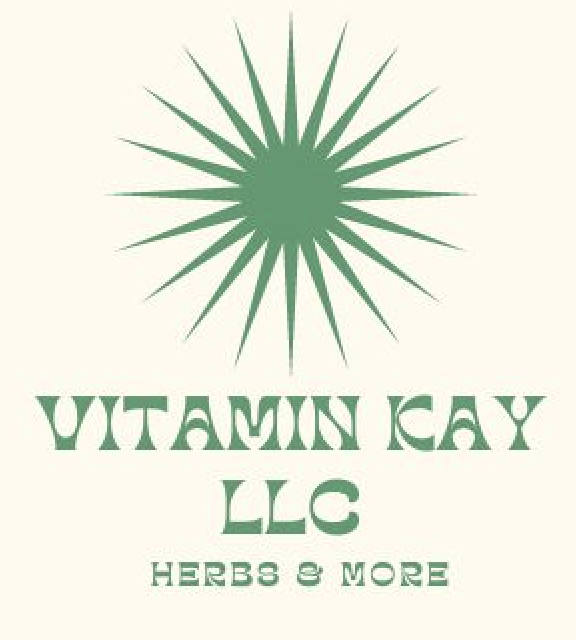Synthetic Vitamin C and Natural Vitamin C - Is There a Difference?
Many Americans will mindlessly pop a vitamin C supplement when they feel a sore throat coming on. But are optimally absorbing this one form of vitamin C? Maybe not. It could even overwhelm your body and provide you with expensive urine.
So, what does Vitamin C even do?
When most people think of vitamin C they immediately think of how it can help support the immune system. But, vitamin C does so much more than that! Vitamin C is an antioxidant that supports skin health, helps synthesize certain neurotransmitters, and even can help the body absorb iron. Vitamin C even plays a role in healing wounds and is a powerful antioxidant that can neutralize harmful free radicals.
Although most people can get adequate levels of vitamin C by eating fruits and vegetables, some people feel it necessary to take a synthetic supplement to fill in any gaps and get extra support when they feel a cold coming on. But is synthetic ascorbic acid doing as much as whole-food vitamin C? Probably not. Mega-dosing with synthetic vitamin C can even have negative effects on the body.
Vitamin C Supplement Absorbability?
First, vitamin C is a water-soluble vitamin. This means your body does not store it and excess is secreted through urine. You can only absorb a certain amount of vitamin C at one time, whether it be from a supplement (ascorbic acid form) or whole foods.
Synthetic vitamin C (which is most likely the form found in your C supplement), is an isolated form of C that the body may not be able to properly utilize. Whole food vitamin C contains ascorbic acid, rutin, bioflavonoids, fiber, tyrosinase, and many other nutritional components. Thus, ascorbic acid is merely just a fraction of true vitamin C.
The “vitamin C” found in grocery stores is a chemical copy of naturally occurring ascorbic acid, which is still only a fraction of actual Vitamin C. Synthetic ascorbic acid never grew in the ground, absorbed sunlight, and absorbed minerals from the soil. It was created chemically in a factory. Thus, when this chemical copy of C is absorbed in mega it can have potentially toxic effects. When most Americans start to feel a sore throat manifesting or a cough, many will start chugging an ascorbic acid tablet dissolved in water or a C supplement and popping it like candy! When taking amounts of ascorbic acid greater than 3000mg daily, adverse effects such as diarrhea, increased formation of kidney stones and increased uric acid are possible. Some studies have even shown that absorption of vitamin C decreases to less than 50% when taking amounts greater than 1000 mg.
Vitamin C in its Best Form!
So how much vitamin C do you need? Are there any good Vitamin C supplements on the market? And which food sources are the most rich in C?
The recommended dietary allowance for vitamin C in adults 19 years and older is 90 mg a day for men and 75 mg for women. Eating an ample amount of organic fruits, and vegetables and even eating various organs should most definitely get you to that magic number. But unfortunately, most Americans are not quite eating that way.
If you feel you still need a boost after eating these foods, there are a few whole-food-based supplements and even some herbs (and organs) that CAN supply you and give you the boost you may need.
Vitamins are meant to be whole-food-based and taken in small quantities throughout the day. Whole food vitamins are much more easily recognized by the body and can supply so much more than a mere isolated compound. Want to add more TRUE vitamin C into your supplemental routine? Book to ask Vitamin Kay which herbs and whole-food-based supplements you should be taking.

